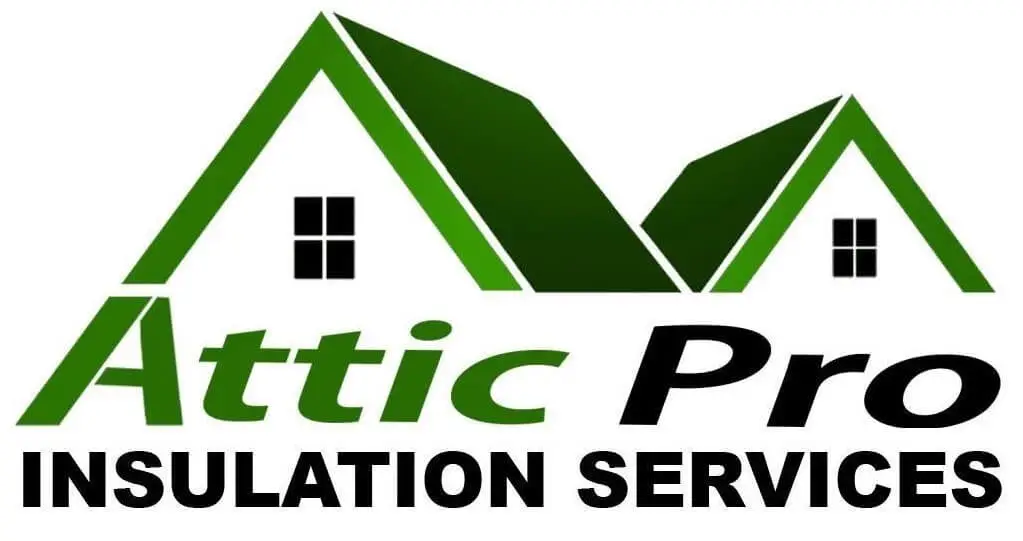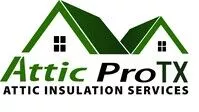Energy efficiency is crucial for maintaining a comfortable home while reducing utility costs. At Attic Pro San Antonio, TX, we specialize in helping homeowners save energy during both summer and winter. This comprehensive guide will provide you with practical tips and strategies to enhance your home’s energy efficiency, Contact us to ensure comfort and savings year-round.
Introduction to Saving Energy
Saving energy during both summer and winter involves making smart choices about how you heat, cool, and insulate your home. By implementing these strategies, you can reduce your energy consumption, lower your utility bills, and minimize your environmental impact.
Why Energy Efficiency Matters
Reducing Utility Bills
Energy-efficient homes consume less power, leading to significant savings on utility bills. By optimizing your energy use, you can keep your home comfortable without overburdening your wallet.
Enhancing Comfort
Proper insulation and energy-efficient systems maintain a consistent indoor temperature, enhancing comfort during extreme weather conditions. This ensures your home remains cozy in winter and cool in summer.
Environmental Impact
Reducing energy consumption lowers your carbon footprint, contributing to environmental conservation. Energy efficiency helps decrease greenhouse gas emissions, playing a crucial role in combating climate change.
Tips to Save Energy During Summer
Utilize Energy-Efficient Cooling Systems
Investing in energy-efficient air conditioning units can significantly reduce energy consumption. Look for units with high SEER (Seasonal Energy Efficiency Ratio) ratings for optimal performance.
Install Programmable Thermostats
Programmable thermostats allow you to set specific temperatures for different times of the day. This ensures your cooling system operates only when needed, reducing energy waste.
Enhance Home Insulation
Proper insulation prevents cool air from escaping your home, reducing the workload on your cooling system. Insulate your attic, walls, and windows to maintain a consistent indoor temperature.
Use Ceiling Fans
Ceiling fans circulate air, creating a cooling effect that allows you to set your thermostat a few degrees higher. This reduces the strain on your air conditioning unit, saving energy.
Seal Air Leaks
Seal gaps and cracks around doors, windows, and ductwork to prevent cool air from escaping. This enhances your cooling system’s efficiency and reduces energy consumption.
Table: Summer Energy-Saving Tips
| Strategy | Benefit |
| Energy-efficient cooling | Reduces energy consumption and costs |
| Programmable thermostats | Optimizes cooling schedules |
| Enhanced insulation | Maintains consistent indoor temperature |
| Ceiling fans | Creates cooling effect, reduces A/C usage |
| Sealing air leaks | Prevents cool air escape, boosts efficiency |
Tips to Save Energy During Winter
Upgrade to Energy-Efficient Heating Systems
Energy-efficient heating systems, such as heat pumps and high-efficiency furnaces, use less energy to heat your home. This ensures optimal performance and lower energy bills.
Install Smart Thermostats
Smart thermostats allow you to control your heating system remotely, optimizing energy use based on your schedule. They can learn your preferences and adjust settings automatically.
Insulate Your Home
Insulating your attic, walls, and floors helps retain heat, reducing the workload on your heating system. Proper insulation is crucial for maintaining a warm and energy-efficient home.
Use Weatherstripping
Weatherstripping around doors and windows prevents cold air from entering your home. This simple measure can significantly improve your home’s energy efficiency during winter.
Maintain Your Heating System
Regular maintenance of your heating system ensures it operates efficiently. Clean or replace filters, check for leaks, and schedule professional inspections to keep your system in top condition.
Optimize Natural Light
Utilize natural light to warm your home by keeping blinds and curtains open during the day. Sunlight can provide additional warmth, reducing the need for artificial heating.
Additional Strategies for Year-Round Energy Savings
Use Energy-Efficient Appliances
Investing in energy-efficient appliances can significantly reduce your overall energy consumption. Look for ENERGY STAR-rated appliances for the best performance and savings.
Adopt Energy-Saving Habits
Simple habits, such as turning off lights when not in use, unplugging devices, and using power strips, can make a big difference in your energy consumption.
Implement Renewable Energy Solutions
Consider installing solar panels to harness renewable energy. Solar energy can power your home and reduce your reliance on the grid, leading to substantial energy savings.
FAQs
How can I save energy during summer?
Use energy-efficient cooling systems, install programmable thermostats, enhance insulation, use ceiling fans, and seal air leaks to save energy during summer.
What are the benefits of using a programmable thermostat?
Programmable thermostats optimize your cooling and heating schedules, reducing energy waste and lowering utility bills by ensuring your HVAC system operates only when needed.
Why is home insulation important for energy savings?
Proper insulation helps maintain consistent indoor temperatures, reducing the workload on your heating and cooling systems. This leads to lower energy consumption and increased comfort.
How can I improve my home’s heating efficiency in winter?
Upgrade to energy-efficient heating systems, install smart thermostats, insulate your home, use weatherstripping, maintain your heating system, and optimize natural light.
What are some energy-saving habits to adopt?
Turn off lights when not in use, unplug devices, use power strips, and invest in energy-efficient appliances to reduce your overall energy consumption.
Can renewable energy solutions help save energy?
Yes, installing solar panels and utilizing renewable energy sources can significantly reduce your reliance on the grid and lower your energy bills.
How often should I maintain my heating and cooling systems?
Regular maintenance is recommended every six months to a year. Clean or replace filters, check for leaks, and schedule professional inspections to ensure optimal performance.


